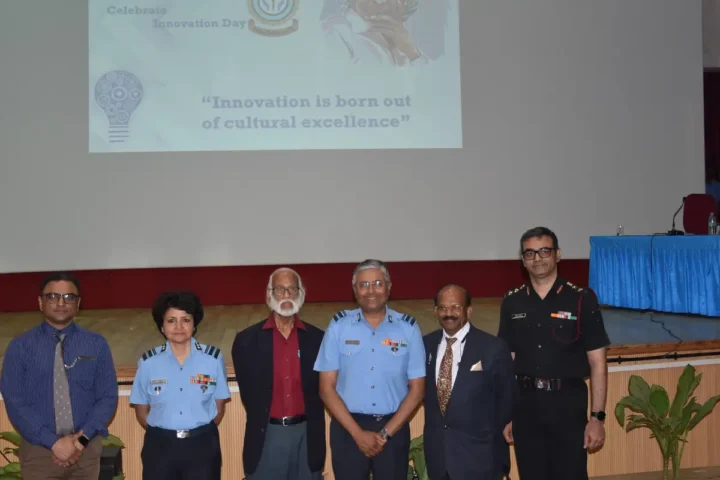We’ve long been captivated by the idea of time travel, often depicted in films and fiction. Scientists are now delving into the fascinating world of quantum physics to explore the possibilities of time travel.
Gedankenexperiment: A Dive into Theoretical Physics
Drawing inspiration from Albert Einstein’s concept of Gedankenexperiment, where theoretical investigations push the boundaries of physics, a recent study in Physical Review Letters has introduced the idea of “effective time travel.”
Quantum Entanglement: The Key to Time Travel
The study focuses on quantum entanglement, a phenomenon where the properties of quantum particles are interconnected regardless of their physical separation. Understanding one particle reveals information about its entangled counterpart.
Closed-Timelike Curves: The Path to the Past
Scientists explore closed-timelike curves, the theoretical trajectories of particles in spacetime that run backward. They subjected photonic probes to quantum interactions to alter outcomes retroactively.
The Quantum Leap: Altering the Past for a Better Future
Researchers can adjust quantum probe values through entanglement to achieve more desirable outcomes even after the initial quantum operation, challenging the traditional arrow of time.
The Challenge: A 75% Failure Rate
The study reveals that effective time travel occurs in 25% of attempts, leaving a significant 75% failure rate. To address this, scientists propose using entangled photons and filtering outdated particles for a higher success rate.
Quantum Physics and the Paradox of Time
David Arvidsson-Shukur, a quantum physicist at the University of Cambridge, states that this experiment blurs the lines between quantum physics and time travel, creating instances that seemingly defy the laws of conventional physics.
Intriguing findings in the world of quantum entanglement open new doors to understanding time travel, pushing the boundaries of what was once thought to be purely science fiction.







